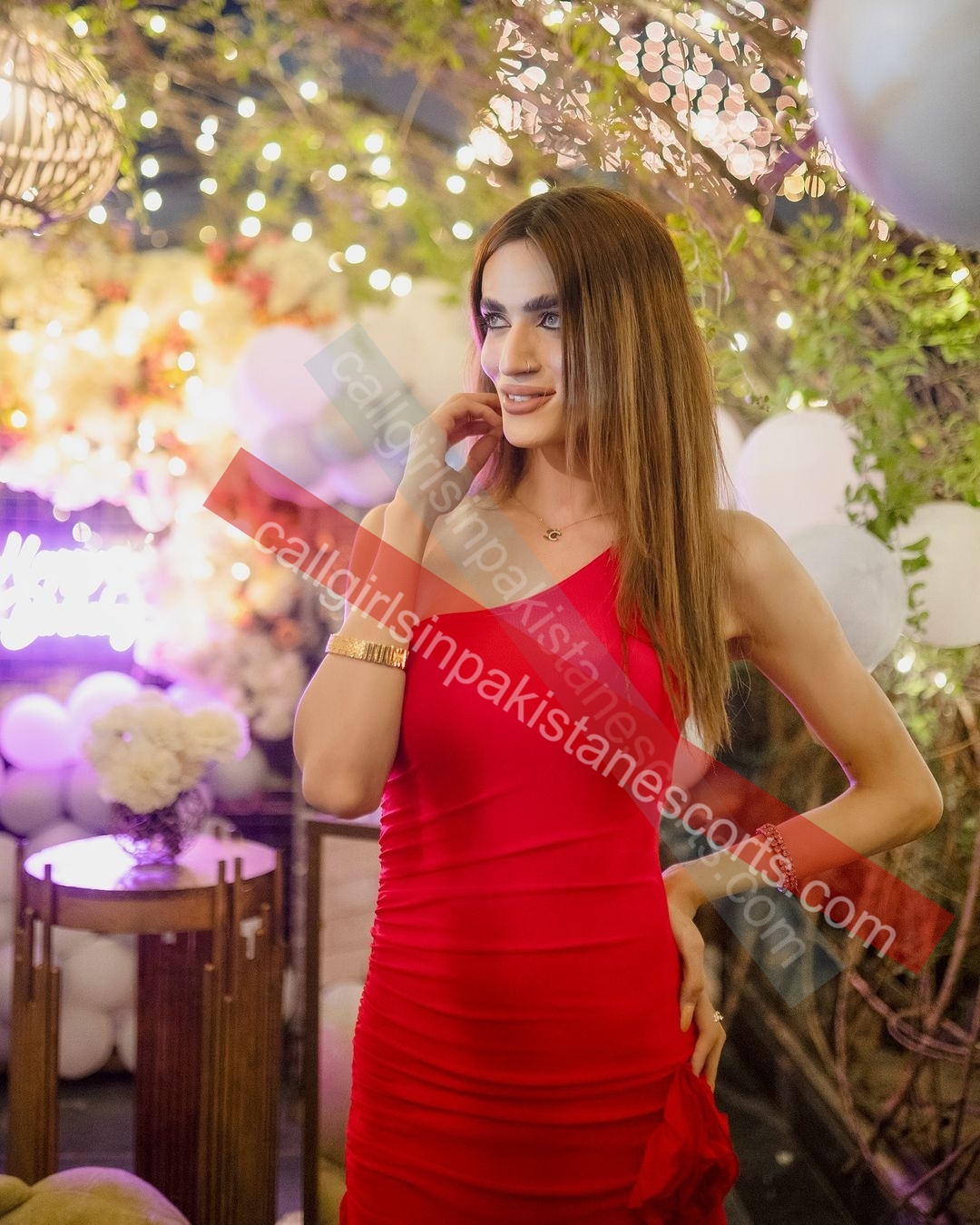Peshawar, a city steeped in rich historical narratives and cultural heritage, is increasingly becoming a melting pot of traditional values and modern aspirations. Among the various social shifts observed in this North-West Frontier city is the emergence of the ‘Party Girls In Peshawar‘ phenomenon. While this term may evoke varying perceptions, it symbolizes a more profound transformation in gender dynamics, youth expression, and cultural negotiations in contemporary Peshawar.
The Cultural Landscape of Peshawar
Peshawar has long been known as the gateway to the Khyber Pass, serving as a significant crossroads for trade and diverse cultures. This unique geographic location has cultivated an atmosphere rich in heritage, characterized by intricate arts, delectable cuisine, and an indomitable spirit among its residents. However, amid the splendors of age-old traditions lies a burgeoning desire for self-expression, particularly among the city’s youth.
In recent years, Peshawar’s social fabric has begun to evolve, with young women at the forefront of this change. The phrase ‘Party Girls’ refers not only to women who participate in social gatherings and celebrations but embodies a larger narrative about women’s empowerment, freedom, and an assertive agency in claiming their space within society.
The Emergence of the ‘Party Girls’ Phenomenon
The advent of social media has played a pivotal role in shaping the identity of Party Girls in Peshawar. Platforms such as Instagram and Facebook provide a stage upon which young women can showcase their talents, fashion choices, and social engagements. These digital mediums have fostered connections between like-minded individuals, culminating in a vibrant social scene that embraces modernity while navigating traditional expectations.
The rise of exclusive events, such as themed parties, fashion shows, and cultural gatherings, has seen an increase in the participation of young women. These gatherings often serve as avenues for personal expression, creativity, and collaboration, allowing them to forge bonds beyond the confines of familial and societal norms. Whether it is celebrating a birthday, a graduation, or simply relishing in moments of camaraderie, these occasions reflect a movement towards celebratory experiences that might have once been deemed unconventional in a conservative milieu.
Navigating Tradition and Modernity
While the emergence of party culture for women in Peshawar signifies a progression towards liberal attitudes, it also brings forth a complex tapestry of challenges and negotiations. Young women often find themselves straddling the delicate line between their cultural heritage and contemporary aspirations. Traditional values rooted in family honor and societal expectations can create friction with the desire for independence and social exploration.
Women who partake in this party culture often face scrutiny, not only from conservative factions within the community but also sometimes from their own families. The dichotomy is stark: on one hand, there exists a yearning for modernity and personal freedom, while on the other, there are demands to conform to conventional norms and uphold cultural values. This often leads to a dual existence where these young women negotiate their identities in both public and private spheres.
The Impact of Economic Factors
Economically, the advent of a culture centered around social events has implications for local business and entrepreneurship. Women in Peshawar are increasingly becoming active participants in various sectors. The rise of event planning, fashion consultancy, photography, and even beauty services cater specifically to this burgeoning social scene. By supporting local businesses and fostering creativity, Party Girls are indirectly contributing to economic growth and job creation.
Furthermore, as Peshawar’s social landscape embraces diversity, so too does its opportunity for professional development. Young women involved in organizing events and participating in the creative economy often find avenues for career advancement, enhancing their skills, and fostering self-sufficiency. This shift echoes a broader trend across the country, where women’s involvement in the workforce is gaining traction.
The Social Backlash and Resilience
Despite the optimism surrounding this cultural evolution, the phenomenon of Party Girls In Peshawar is not without its detractors. Critics argue that the flaunting of social liberties may undermine traditional values. Additionally, perceptions of immorality or excessive westernization contribute to the stigmatization of women engaged in this lifestyle.
Nevertheless, resilience characterizes the spirit of Peshawari women. Many remain undeterred, embracing their right to socialization and celebrating their identities. Through art, music, and performance, they challenge societal norms and engage in dialogues surrounding gender equality and self-determination.
Initiatives led by women, such as discussion forums and community support groups, provide spaces to articulate their experiences, share their struggles, and celebrate their victories. These connections not only empower individuals but also contribute to a collective mobilization aimed at addressing societal issues, including women’s rights and personal safety.






